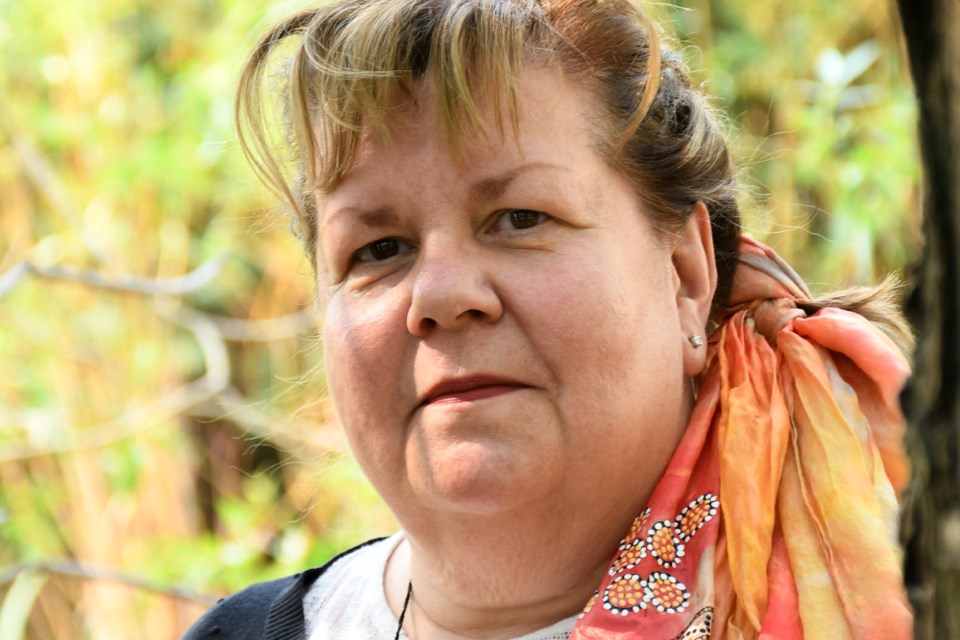SASKATOON — A top University of Saskatchewan (USask) health researcher renowned for her work in Indigenous wellness is now a fellow of the Canadian Academy of Health Sciences (CAHS).
Dr. Alexandra King (MD), an associate professor in the College of Medicine and the Cameco Chair in Indigenous Health and Wellness, was announced as a fellow of CAHS on Sept. 10.
Considered one of the highest honours for Canadian health scientists, being named a CAHS Fellow recognizes excellence and leadership in advancing both health sciences and diversity, equity and inclusivity in Canada.
“Being nominated and accepted as a Fellow is a huge honour,” King said. “I think for CAHS, having another Indigenous researcher, and in particular a First Nation woman, as a member, is incredibly important.”
King is a member and citizen of Nipissing First Nation in Ontario. A specialist focusing on the care and treatment of HIV/AIDS and viral hepatitis, King came to Saskatoon and was named the Cameco Chair in Indigenous Health and Wellness at USask in 2017. She co-leads Pewaseskwan, a Cree name gifted to researchers and collaborators for the Indigenous Wellness Research Group.
Pewaseskwan is a collaborative effort between health researchers based at USask and Simon Fraser University and Indigenous communities to undertake community-driven health and wellness research.
“Conventional science tends to be organized hierarchically,” King said. “From an Indigenous perspective, we recognize that it isn’t just the lead investigator. It’s like a forest in its totality. There’s a variety of different trees, there are other plants or animals, and part of what makes the forest so interesting and so strong is the diversity within it.”
King lauded the team of specialists she works with at Pewaseskwan and the numerous collaborators she has worked with throughout her research career, saying she wouldn’t have reached this point as a professional without a great team and the support of her colleagues.
“Almost all of the work that I do is quite collaborative, so I have a lot of very good relationships and I consider it a blessing to have such colleagues,” she said. “Those who tend to nominate for CAHS are already Fellows, so these are people more senior than me. I’m quite flattered they would consider me worthy of being put forward.”
As a new CAHS Fellow, King said she hopes to bring a unique perspective to the academy and be a new voice as the academy looks to the future of health research in Canada.
“It is with great humility that I hope in some way I might be able to contribute as a First Nation woman, physician and researcher,” King said. “I see myself as a bridge between the participants in the research team I get to work with and the Canadian Academy of Health Sciences.”
— Submitted by USask Media Relations




